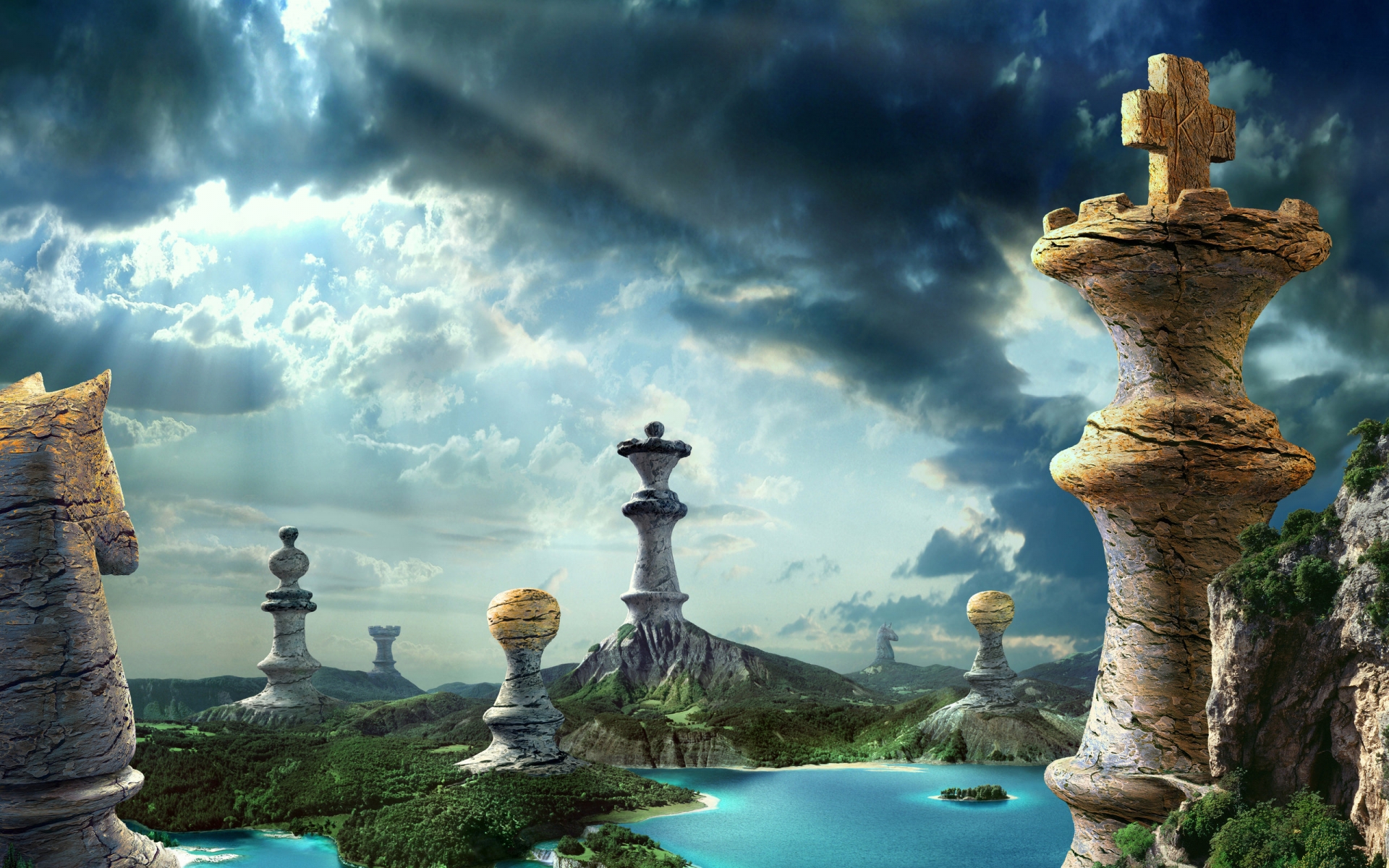Once, we were all hunters and gatherers. Then we started developing agriculture and domesticating animals. Some of us turned into pastoral nomads, moving livestock between pastures. Others turned into farmers, cultivating fields. Then the urbanites appeared, doing everything but producing food (13 May 2012).
Those who ended up in cities had to organize themselves in new ways, as the old ways of running society didn’t suffice any longer. Innovations occurred with a profound impact on people’s spirituality. Here are two of these revolutionary changes in society:
Conflict control – from nomadic blood ties to urban law enforcement
As all the members of a nomad group belonged to the same tribe, it was in their common interest to end internal conflicts as soon as possible. Any revenge or escalation of violence within the group would only diminish their own survival chances. Most issues could therefore be resolved quite peacefully. The traditional Indian approach was to discuss the issue until consensus was achieved.
In sharp contrast to this stood the city with its many different tribes. When these tribes clashed, blood ties could no longer inhibit the escalation of violence. In order to resolve urban conflicts, a third party was needed, one with the authority to adjudicate and with a monopoly on violence. The judge appeared, and to avoid controversial verdicts that would only provoke new conflicts, laws were carved in stone. Whoever violated these laws would face another urban invention: law enforcers.
All very understandable, even unavoidable, these urban innovations. But the fact remained that the communal self regulation of tribes was replaced by laws and law enforcers. Relational solutions had to make way for legal solutions. And it wasn’t always obvious that laws and rulers served the interests of the entire community. Endless fights occurred between those who thought it right to enforce the law and those who thought it right to break the law. New forms of spirituality were needed to enhance the arrival of righteous laws and law-abiding citizens. And it still took many more centuries before one powerful idea, the idea of democracy, would finally convince sufficient citizens to combine the necessity of laws and rulers with the good of communal self regulation.
Solidarity – from family duty to religious and legal duty
Some quotations from Stephen Sachs about leadership and solidarity in traditional Indian tribes:
Leaders (who have mistakenly been called “chiefs”) functioned primarily as facilitators, consensus builders, and announcers of decisions. In general, they had little or no decision making power of their own, though usually they had influence. They were chosen for positions of leadership on the basis of their high moral character and ability to represent the people and lead in the long term interests of the community as a whole. (..) Culturally, people believed in, and related on the basis of, mutual respect, identifying with the band or tribe as an extended family, in which members supported each other in their individual endeavors to the extent that they did not contradict the common good, while they collaborated out of mutual interest and a strong sense of shared consensus. (..) At the same time, economically, as well as socially, the structure of living caused people to need each other’s support, while economic power was at least not so concentrated as to upset egalitarian relations, and was most often broadly dispersed in economies based upon reciprocity (..). Thus, by developing cooperation and a sense of unity through honoring diversity on the basis of mutual respect, these communities usually maintained a very high quality of life.
What a contrast between this servant leadership, solidarity and mutual respect among the members of nomadic tribes, and the oppression and exploitation that seems almost inextricably connected to the rise of urban societies. But let’s not rush towards moral qualifications. Let’s first recall that cities became the habitat of many different tribes. As these tribes were focused first of all on their own survival, conflicts would usually end with winners and losers – meaning that one family would turn into a dynasty of rulers and the others would have to settle with being subjects or slaves. New forms of spirituality were needed to rediscover and redefine the value of brotherhood, of equality, solidarity and mutual respect beyond ethnic borders. And it still took many more centuries before one powerful idea, the idea of human rights, provided a legal basis for egalitarian relations and community-based leadership.
We city-dwellers can easily marvel at the social and natural harmony of nomadic tribes. Romantic Hollywood productions like “Dances with Wolves” (1990) and “The New World” (2005) make us sometimes yearn for that which we lost in the city and never fully found again. Urban life has put us on a long journey towards a new understanding and embrace of brotherhood and solidarity. And yes, we did make progress, thanks to the idea of democracy and human rights. But it seems the search isn’t over. Precisely in the most democratic societies, loneliness and individualism have become major issues. It seems we need more than democracy and human rights to fully enjoy brotherhood again.
